
The expansion at Seqirus’ Holly Springs, N.C., manufacturing facility will support the formulation and fill/finish of influenza vaccines.

The expansion at Seqirus’ Holly Springs, N.C., manufacturing facility will support the formulation and fill/finish of influenza vaccines.

908 Devices and CPI have formed a collaboration to optimize cell culture media to allow for improved process control.

Flexible and efficient methods are needed for biopharmaceutical manufacturing.
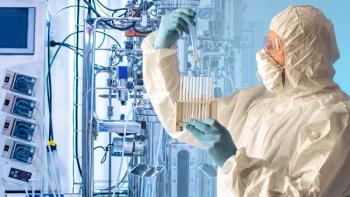
The growing use of automation and digitalization technologies push cell culture bioprocessing forward.

FUJIFILM Irvine Scientific’s new manufacturing facility in Tilburg, the Netherlands, is now fully operational.

Fujifilm’s new cell culture media manufacturing facility in the Netherlands has officially opened.

Fujifilm’s center adds local support in Suzhou, China for cell culture media optimization.

Sartorius will invest approximately €270 million (US$305 million) to expand its biopharmaceutical manufacturing activities in South Korea’s biopharm hub.

Lonza is expanding its microbial development capabilities at its Visp, Switzerland, site to support clinical and commercial drug development programs.

Fujifilm is expanding its R&D footprint at its California facility.
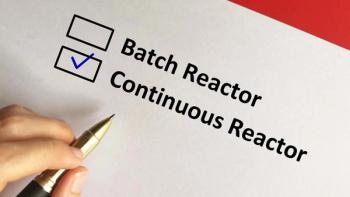
The adoption of perfusion cell culture continues to advance with the help of PAT tools.
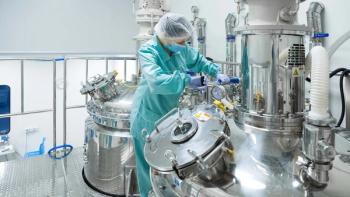
Advancements in bioprocessing technologies test microbial fermentation adaptability.

Corning’s new Ascent fixed bed reactor (FBR) system is an automated bioproduction platform designed to significantly improve yields and reduce bioproduction costs.
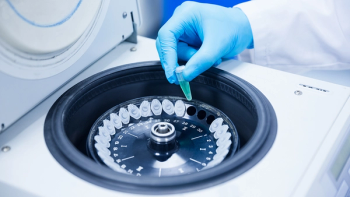
Automation is one asset that benefits cell harvesting by cutting out laborious manual steps and minimizing contamination.

The companies work to develop and supply advanced cell models that better reflect an in-vivo environment to improve drug discovery accuracy and efficiency.
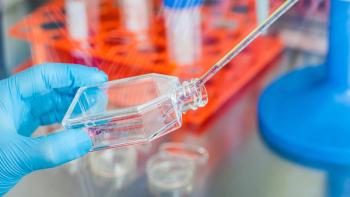
Cell-free expression is promising in preclinical applications, but still presents challenges to scale up for commercial production.

Originally established in the 1970s as a fetal bovine serum supplier, Fujifilm Irvine Scientific continuously proved its strength in the cell culture solutions space.
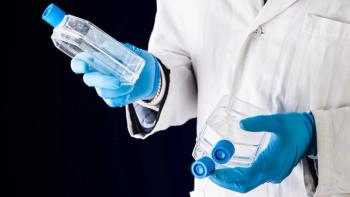
Demand for recombinant microorganism-based cell culture supplements is rising on the back of lower contamination risk.
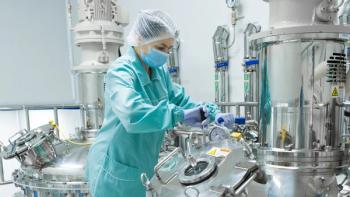
The innovation of single-use technologies is applicable early on in the manufacturing process.

The new facility, which is expected to be operational by spring 2025, will feature 8 x 20,000-L bioreactors with the potential to add further 24 x 20,000-L bioreactors based on market demand.

Using the capabilities of Pharma Waldhof, one of Aceto’s facilities in Düsseldorf, Germany, the company plans to provide customers with access to raw materials, tested products for pharmaceutical cell culture applications, and cell culture media ingredients.
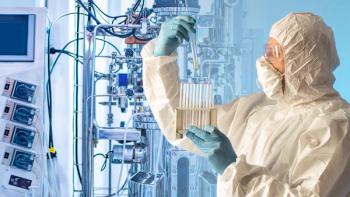
Overcoming time and cost constraints can help enable seed train intensification efforts to maximize product yield.

The new facility, which will be operated by Fujifilm Diosynth Biotechnologies, will provide large-scale cell-culture manufacturing of bulk drug substance with 8 x 20,000-L bioreactors.
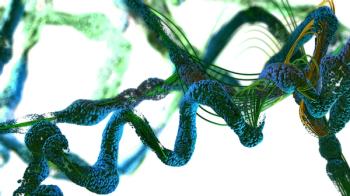
Cell-culture optimization may see benefits from a synthetic biology-based approach that improves product titer, quality, and time.

Samsung Biologics has adopted Solentim’s cell seeding and cell metric platforms at its new R&D center in San Francisco, CA.